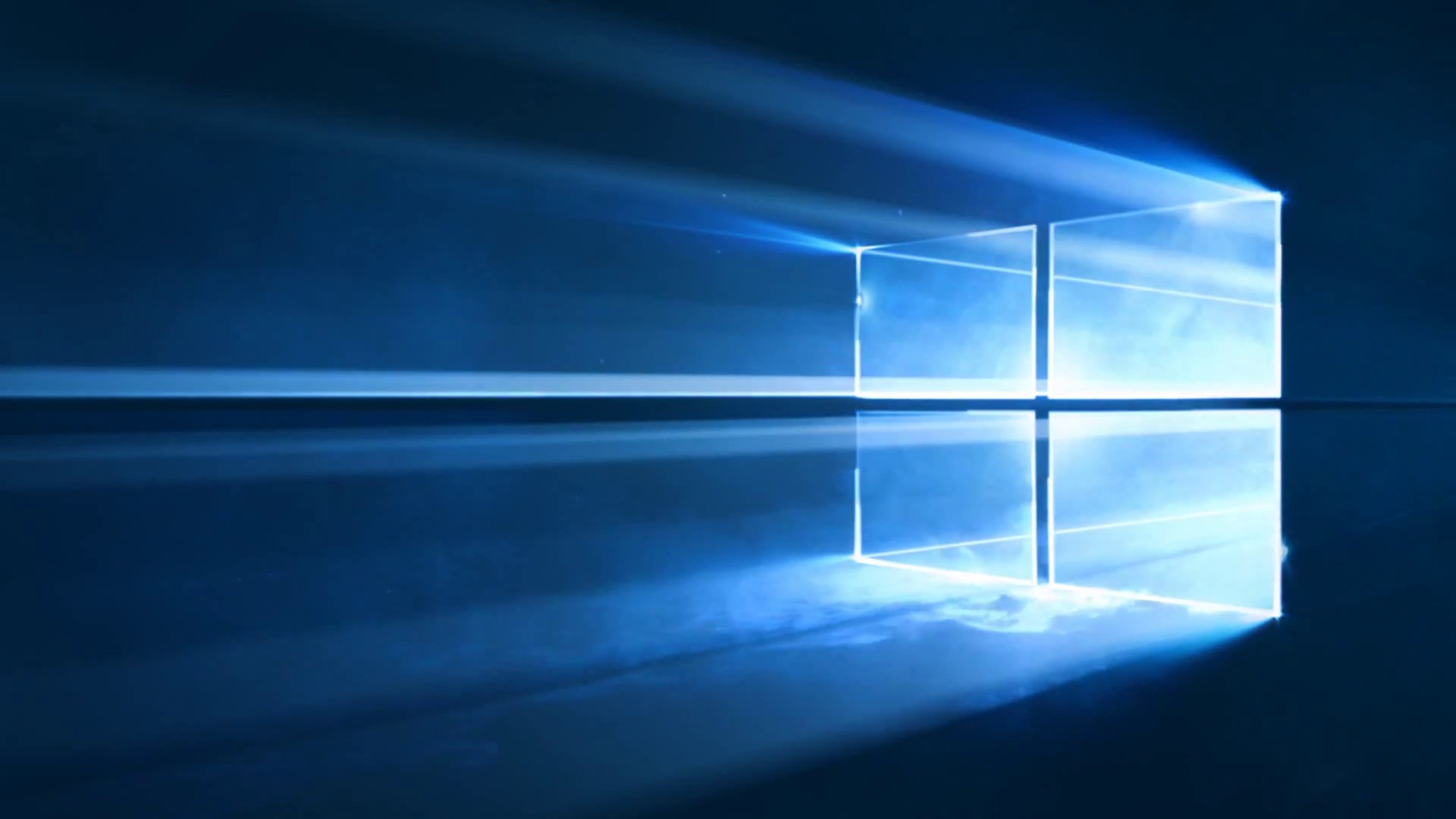Epic CEO Tim Sweeney pummels Microsoft's UWP initiative

Microsoft's ambitions for PC gaming appear to be taking shape. In our recent interview with Phil Spencer, he asserted Microsoft's commitment to bringing its biggest franchises to Windows and Xbox through its Universal Windows Platform, designed to spare devs the headache of porting between Microsoft devices. That's ostensibly good news, but using a column in the Guardian, Epic CEO Tim Sweeney has battered the UWP initiative, saying "they are working to turn today’s open PC ecosystem into a closed, Microsoft-controlled distribution and commerce monopoly". He calls for companies that play any part in the PC ecosystem to fight back.
Sweeney argues that Microsoft is operating a closed shop with UWP, whereby access to certain Windows features is only available if you take part in the initiative. Supposedly, it pushes developers and publishers to supply via the Windows Store, "curtailing users’ freedom to install full-featured PC software, and subverting the rights of developers and publishers to maintain a direct relationship with their customers." This is a far cry from the Win32 API that is the current standard.

Microsoft has struck back, with vice president of Windows Kevin Gallo telling the Guardian, "The Universal Windows Platform is a fully open ecosystem, available to every developer, that can be supported by any store. We continue to make improvements for developers; for example, in the Windows 10 November Update, we enabled people to easily side-load apps by default, with no UX [user experience] required."
This contrasts with Sweeney's assertion that side-loading (loading onto other stores, in essence) is disabled by default and so buried in obscure options that you're liable to give up trying. Sweeney sees similarities with Google—the features that make the Android platform open appear deliberately hard to find. And theoretically, Microsoft could remove the option to side-load as it chooses through Windows 10's forced updates.
"Unless Microsoft changes course," Sweeney says, "all of the independent companies comprising the PC ecosystem have a decision to make: to oppose this, or cede control of their existing customer relationships and commerce to Microsoft’s exclusive control."
Keep up to date with the most important stories and the best deals, as picked by the PC Gamer team.

